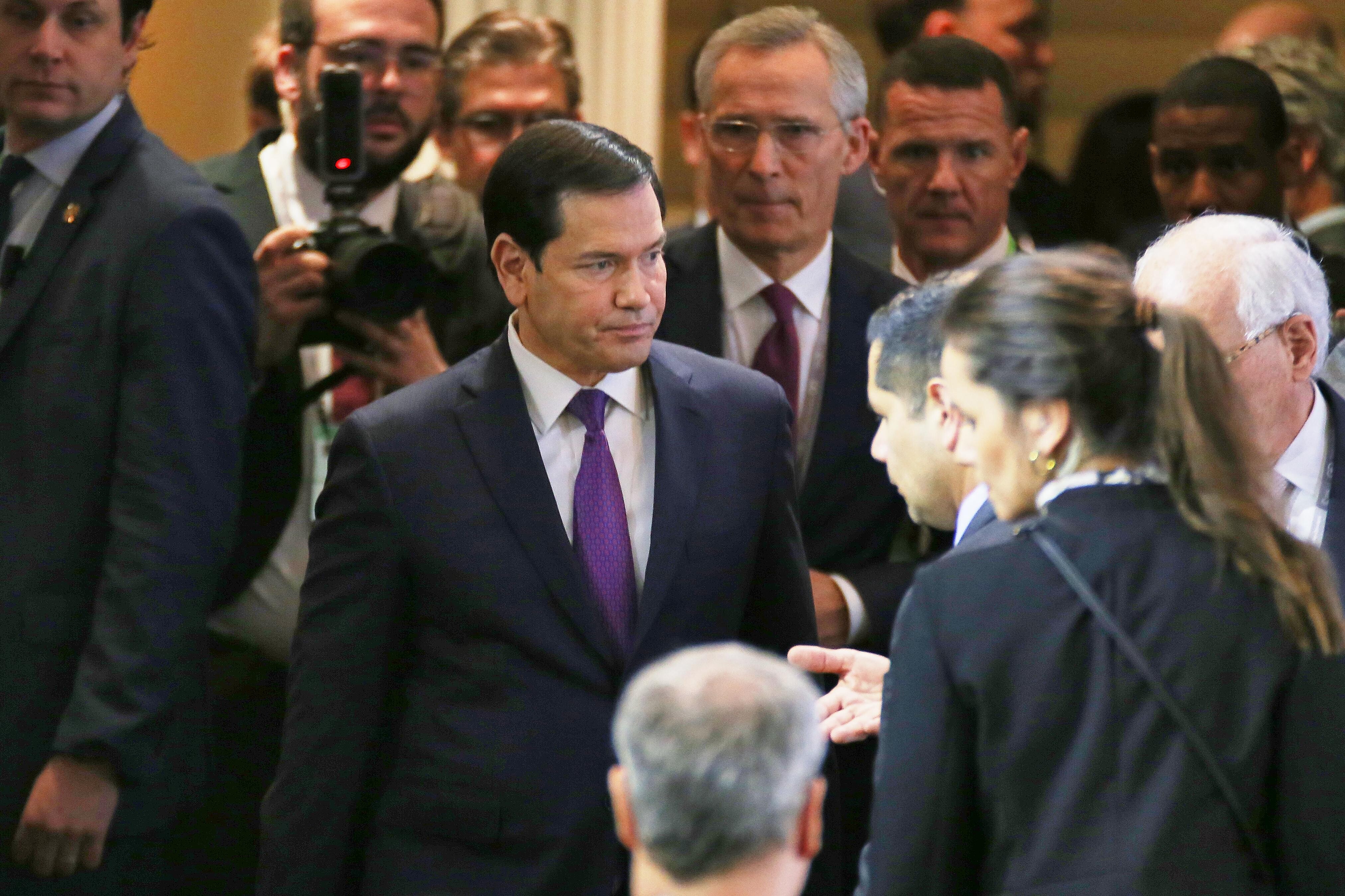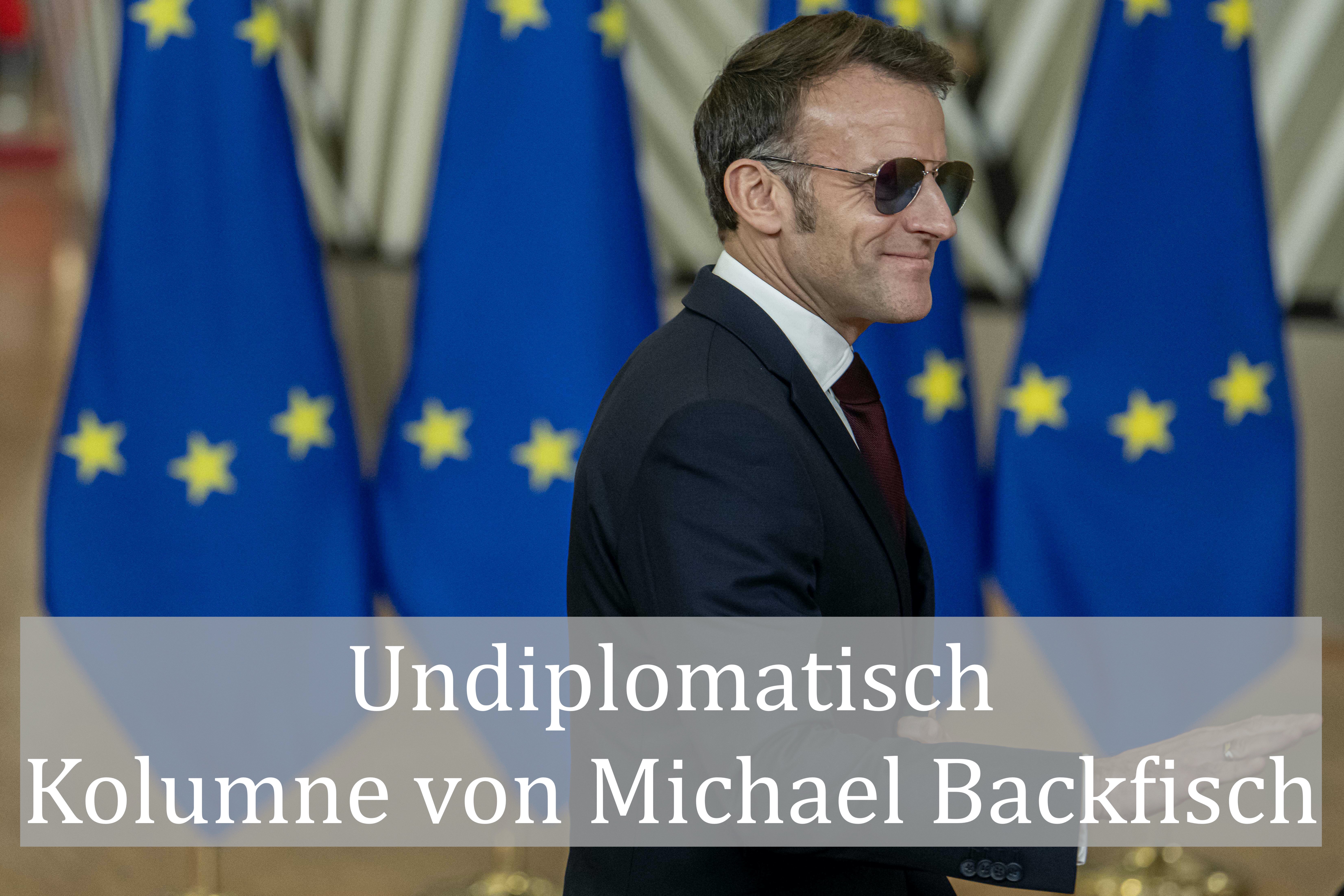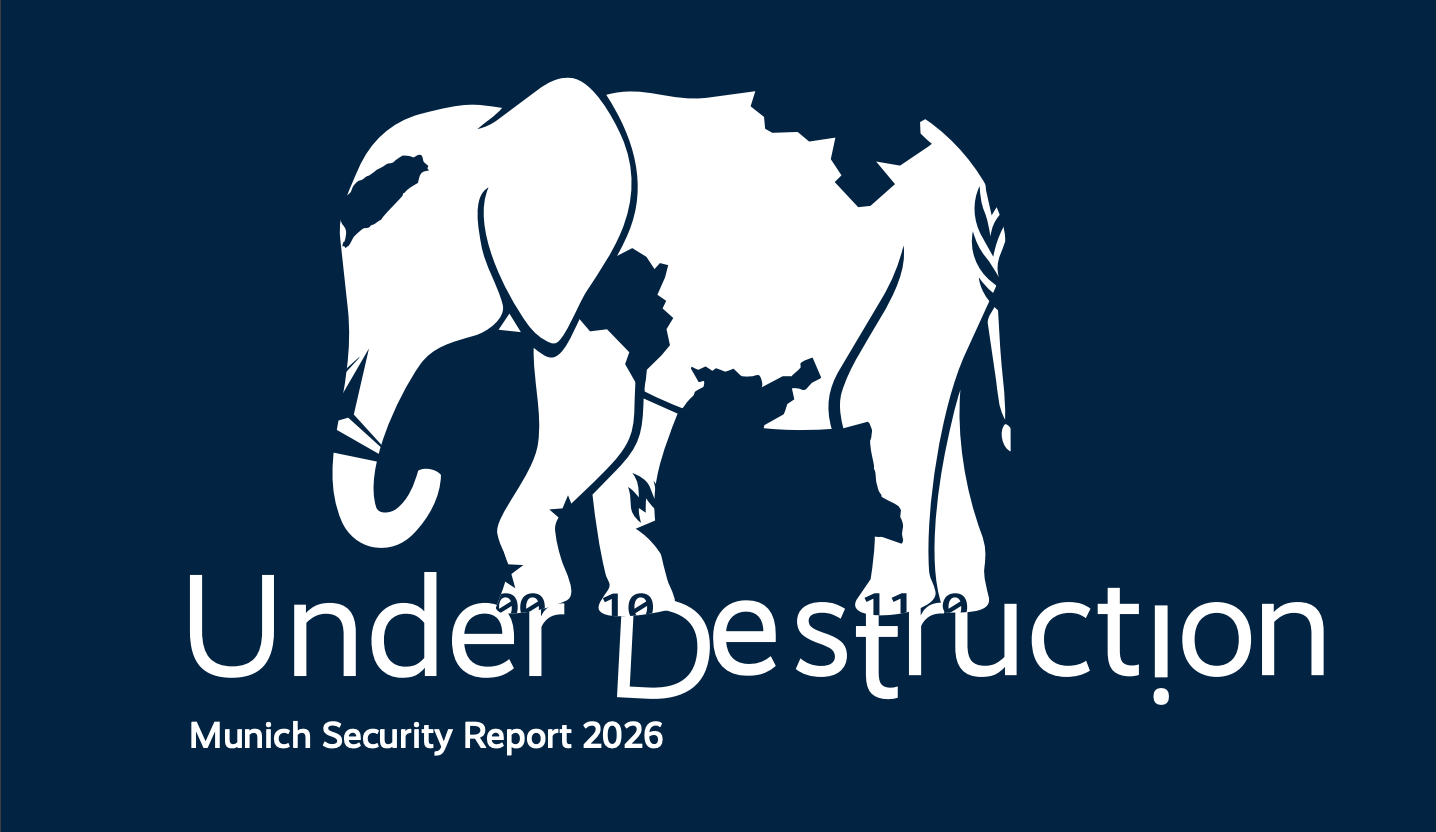diplo.news
The city and the freedom gene
By Gudrun Dometeit
.JPG)
Aniessa Andresen is quite satisfied, actually even pleasantly surprised. On Wednesday evening, she held a memorial together with around 30 other Hongkongers to mark the anniversary of the Tiananmen massacre on Frankfurt's Römerberg square. A similarly large number in Berlin, Düsseldorf, Stuttgart and Munich commemorated the brutal attack on peaceful demonstrators in Beijing 36 years ago. The 50-year-old is surprised that there are still compatriots who dare to take to the streets every 4th of June of a year. “Most people are afraid,” says Aniessa, chairwoman of the Hong Kong Association in Germany. In the former British crown colony, which China now controls with an iron hand, it was possible for many years to do what was forbidden in the People's Republic: demonstrations in favour of human rights and democracy, including commemorating the victims of Tiananmen. But since the National Security Act of 2020 there has stopped everything that could look like regime criticism, it remains quiet and dark on this day even in Hong Kong; the evening gatherings of tens of thousands with candles in their hands in the famous Victoria Park are no longer taking place.
It is now up to Hong Kong people in exile to fight against oblivion. But not everyone in the diaspora sees it that way, who think that remembering Tiananmen names is more a matter for the Chinese in the People's Republic and is also far too political. Some would rather stay below the radar for fear of Beijing's long arm. “But this is about human rights and justice,” says Aniessa. “Year after year since 1989, Hong Kong people have held memorials, regardless of whether it was raining heavily or not. They're part of the city's DNA.” “Never forget it! “exiled Hong Kong residents call out to future generations. They need to know the truth.
The actions are also about the fight against another oblivion. In 2014, when tens of thousands of followers of the Hong Kong “umbrella movement” demonstrated for democracy, as well as when the protests flared up in 2019, Western media reported on the economic metropolis almost every day, politicians commented and condemned on a continuous basis, offered asylum to the leaders of the movement. But that is long gone. When a Swiss TV journalist contacted Aniessa some time ago about a documentary about Hong Kong, she says she was really moved. Her association has even placed large-format ads to attract attention.In Germany in particular - where it is estimated that up to 2,000 Hong Kongers live - there is little interest, while in the UK or the USA, where significantly more Hong Kongers live in exile, there is somewhat more interest. Politicians and the media are focussing on the conflicts in Ukraine and Gaza, and Germany is also more China-friendly than other countries.
Yet the political situation in the once so lively coastal metropolis remains dramatic. “The democratic movement is dead, one hundred percent,” emphasizes Aniessa. Most organizers are either in jail or out of the country. During demonstrations, participants must wear a name tag, “just like in kindergarten,” says the 50-year-old. Art performances in which someone dressed in white — formerly a sign of protest — appeared, would be prevented, even old women with a candle in their hands stopped by the police. In the global ranking of “Reporters Without Borders” on press freedom, the city-state slipped further to 140th place in 2025; the situation is described as “very difficult,” similar to that in authoritarian regimes. “I can't believe this is the city I've lived in for so long. It was so free! “, says Aniessa, who has lived in Germany for eight years and is married to a German. With her son, who still lives in Hong Kong, she occasionally meets outside the borders of the city-state. She had not actually been a political person for a long time, although she took part in the demonstrations but otherwise, like many other Hongkongers, simply enjoyed the good living conditions. It was only in Germany that she became involved and co-founded the exile association. Even out of a bad conscience. “I feel kind of guilty for not getting involved while so many young people have sacrificed their lives. ”
In future, the association wants to focus more on preserving the identity of Hong Kong people in exile, their language, Cantonese. Aniessa's words sound a bit resigned. The trained teacher now teaches Cantonese herself in online courses. But they wanted to continue fighting for their homeland, she asserts that the next date for “art performances” by the worldwide community in exile at the end of June has already been set. This is the 28th anniversary of the handover of Hong Kong by Great Britain to China, a day that is generally celebrated with pomp and propaganda in Beijing.
And if the people of Hong Kong could want something from the new federal government? She should take a closer look at how China's communist government deals with its own people. “You must never trust them,” warns the Hongkonger. “One country, two systems — there is nothing left of it.” Hong Kong has lost its autonomy and freedoms. This is also a warning for Taiwan. Beijing denies independence to the island republic.

Remembering old times: Aniessa Andresen in Hong Kong




